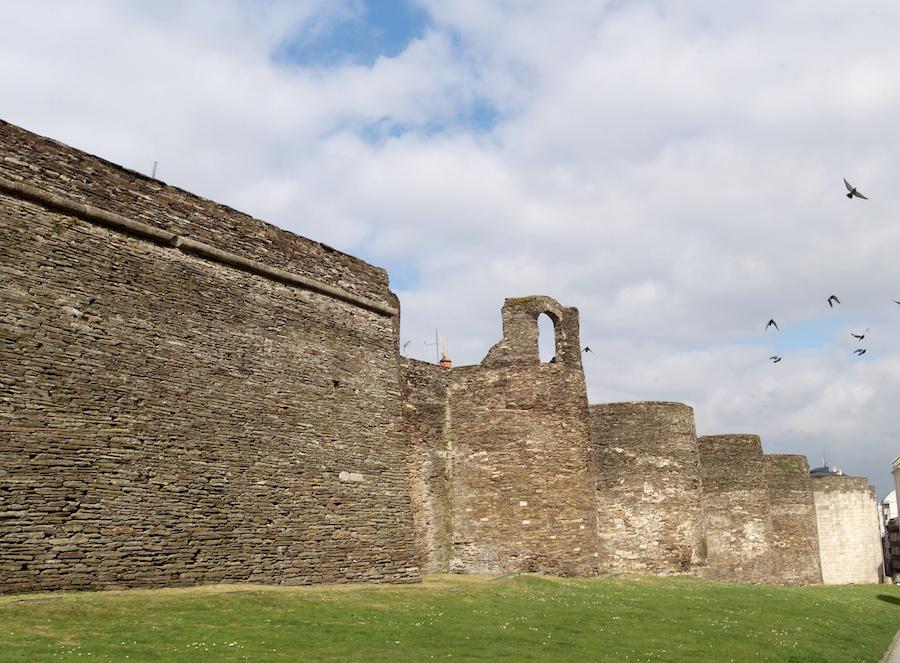Terra Campus Farm
The Terra Campus experimental farm is a collaborative project between the USC and the provincial government of Lugo. It was designed to be a living laboratory, with open access and integration into the milk production area. It represents a response to the needs of the production sector and its adaptation to new societal demands, by training professionals, generating knowledge through research, and transfering research results.
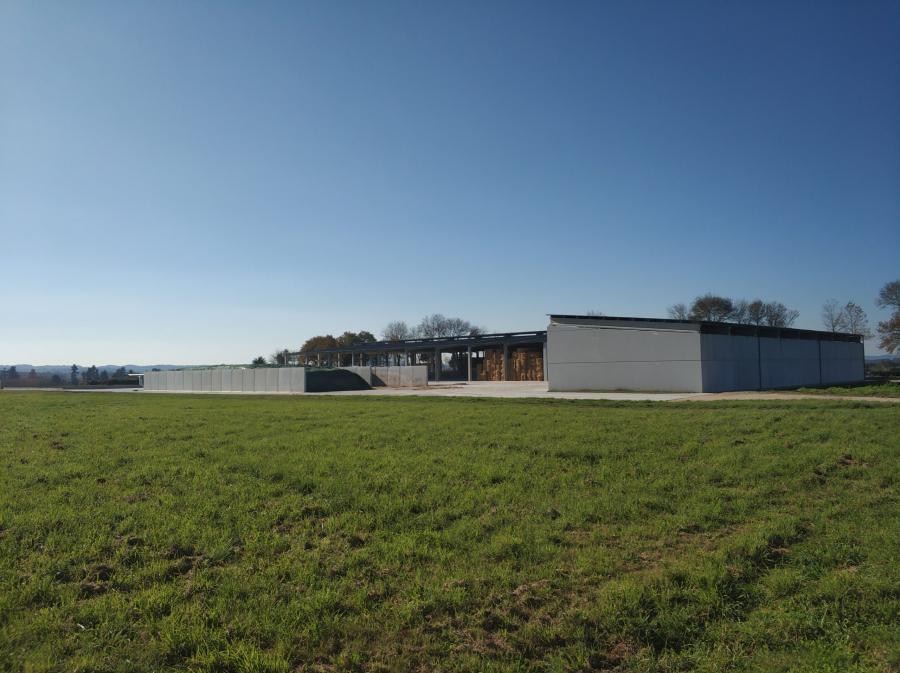
Centre for Biomedicine and Veterinary Science (CEBIOVET)
The Centre for Biomedicine and Veterinary Science (CEBIOVET) provides general support for advances in the Biomedical and Veterinary Sciences. It is located in the buildings adjacent to the Rof Codina University Veterinarian Hospital, which is part of the Faculty of Veterinary Science on the University Campus in Lugo. This centre was developed with the aim of generating new lines of research related to small, medium, and large animals, while also promoting distribution of this knowledge within the scientific community. It does this by providing users with advising when they are developing research studies, and by offering physical space and an extensive technological infrastructure. It performs the functions of advising and collaborating on the design and execution of research projects, conducting specialised post-graduate teaching, and other activities, through the use of live animals: dogs, cats, sheep, goats, pigs, and cattle. The aim is to allow development of new research possibilities for an increasing number of procedures.
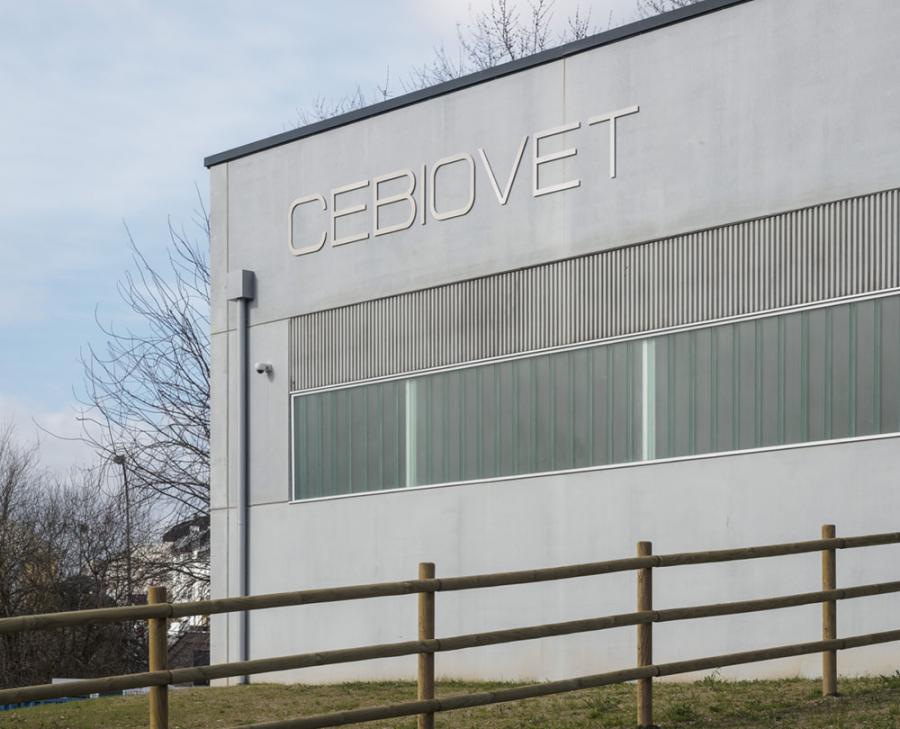
Institute of Agricultural Biodiversity and Rural Development (IBADER)
The Institute of Agricultural Biodiversity and Rural Development (IBADER) is a university institute focused on scientific and technical research. Researchers at this institute focus their activities on the rural environment, from a holistic and sustainable perspective. This work is structured into two main lines of activity: Environmental (Biodiversity, Territorial Planning and Zoning, Rural Development, Sustainable Economy, Geographical Information Systems, Remote Sensing) and Agrosystems (Agriculture, Livestock, Forestry Resources, Cultivated Fields, Water, Wastes).
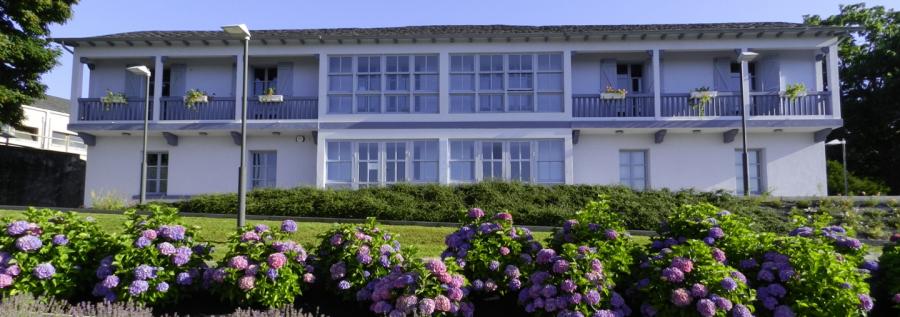
O Courel Scientific Station
The O Courel Scientific Station is part of the Institute of Agricultural Biodiversity and Rural Development (IBADER). This unique building is located in the town of Seoane do Courel (municipality of Folgoso do Courel), with facilities and equipment dedicated to supporting research and teaching in all areas related to the mountains of Galicia. Its fundamental objectives are to promote interdisciplinary studies and cooperation among research groups, as a way of contributing to rural development of the local area through applied research projects, while also generating a more accessible cultural environment.
Rof Codina University Veterinary Hospital
The Rof Codina University Veterinary Hospital performs the function of improving teaching and research activities for the Faculty of Veterinary Science on the Lugo Campus. It also provides high-quality assistance services focused on veterinarians and animal owners. This work is not just carried out at the hospital, but also via a mobile unit that is able to visit livestock operations and animal shelters. Its infrastructure includes the latest diagnostic imaging techniques, such as computerised axial tomography (CAT), gammagraphy, and various ultrasound methods. Some highlights of the advanced therapeutic modalities offered at this centre are radioisotope therapy, laser surgery, and minimally invasive surgical techniques such as arthroscopic and laparoscopic surgery.
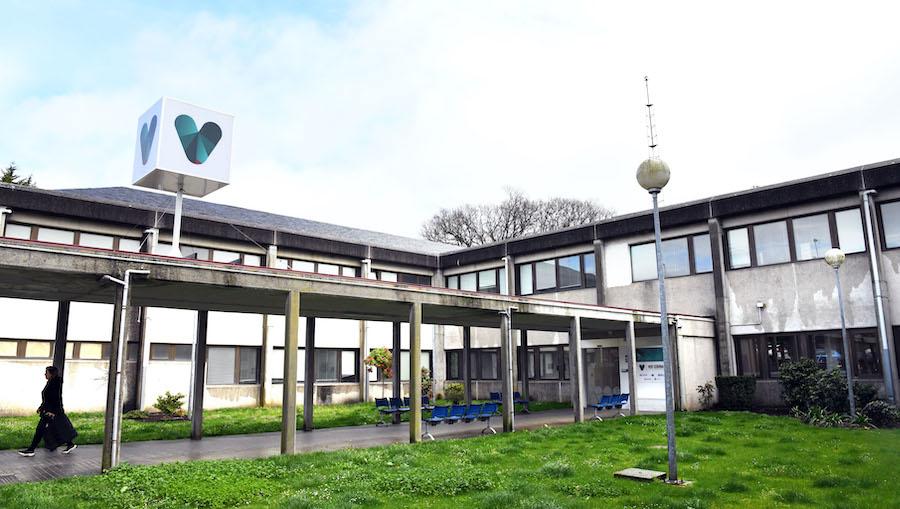
Centre for Historical Studies of the City
The Centre for Historical Studies of the City was created for the purpose of studying historical urban development during all time periods, but especially the earliest ones, preferentially the Roman era. This is the only line of research that the current Director and team have been working on intensely for decades, because the centre is located in the city of Lugo, which represents the most complete paradigm of urban evolution among all the cities of Galicia.
